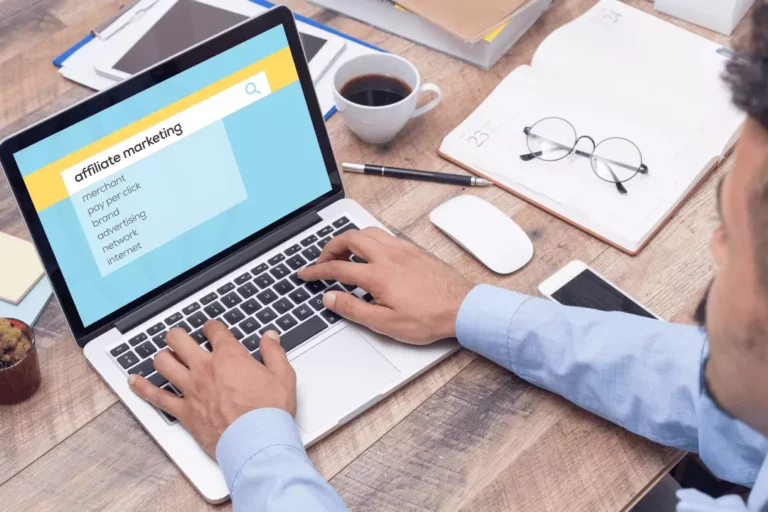
Your tour company held its first corporate team building event for a well-known local company. The event was a big deal for your business, and you were excited to find that you hit your revenue goals.
But did the corporate employees enjoy it?
Aside from tracking event turnout and ticket sales, it’s important to also measure how guests respond to your events. Post-event feedback surveys are used to do just that.
Event feedback survey questions like “How would you rate this event?” and “Will you return for the next one?” can be used to measure attendee satisfaction.
In this post, you’ll find the best event feedback survey questions to ask following an event.
What is an event feedback survey?
When to send an event feedback survey
How long should your survey be?
15 examples of survey questions to ask
What is an event feedback survey?
An event feedback survey is a questionnaire designed to collect feedback from your attendees.
Event surveys can include a combination of multiple-choice and open-ended questions, and they’re typically sent digitally.
In your survey, you can ask guests about the event as a whole, as well as more specific questions about your staff, venue, sponsors, etc. These surveys can be applied to any kind of event, including entertainment shows, exhibitions, training courses, webinars, and more.
The goal is to receive objective feedback from your guests so that you can work to host even better events and group bookings in the future.
When to send an event feedback survey
You can deploy your event survey before, during, and after the event.
The most common type of event survey happens once it’s over. Post-event surveys are used to gauge attendee satisfaction and gather feedback that helps you offer even better events in the future. These surveys should be sent relatively soon after guests leave your event so that the experience is still fresh in their minds.
Pre-event surveys can help you better organize the experience. These surveys should be sent to guests right after they purchase a ticket so that you can learn more about attendee demographics, hobbies, preferences, and expectations for the event.
You can also send pre-event surveys throughout your marketing campaign to guests that haven’t committed to attending just yet. Ask them what’s stopping them from buying a ticket. Your events team can then use this information to change up your marketing strategy to better appeal to attendees that have yet to join.
Event surveys can also be sent during the event itself.
This helps you monitor attendee satisfaction in real-time, such as asking for feedback on speaker presentations or the food options at the event. These surveys are also useful in catching technical issues before they escalate and disrupt the event.
How long should your survey be?
Leading survey platform SurveyMonkey found that the median survey length is 10 questions — with event surveys hovering around 7 questions.
While there’s no magic number to aim for, data shows that the longer your survey, the less time respondents spend answering each question. So the more questions respondents see, the quicker they try to get through them. For example, if your survey is longer than 30 questions, the average amount of time respondents will spend on each question is nearly half the time they’d spend answering surveys with less than 30 questions.
This isn’t always a good thing. When guests start speeding through your survey questions, they might not answer as thoroughly or as truthfully as they would on a shorter survey. This can lead to unreliable feedback, which defeats the purpose of the event survey.
Overall, the shorter the survey, the easier it is for attendees to complete it. This is why it’s important to ask the right questions — and leave irrelevant ones out.
15 examples of survey questions to ask
First, let’s take a look at what your survey questions will look like. Most event surveys use a combination of three types of questions:
- Yes or No: Simple questions that can be answered by choosing “yes” or “no.” You can always add an optional comment box for those who answer “no.”
- Rating/Multiple Choice: Rating and multiple-choice questions provide insight into customer satisfaction since respondents have a wider range of answers to express themselves.
- Open-ended questions: These questions result in the most valuable feedback. Open-ended prompts give guests the space to freely express their opinion and provide context for their answers.
Rating/multiple-choice questions
Use rating and multiple-choice questions to measure customer satisfaction, including your Net Promoter Score, which represents the likelihood that guests will refer your event to others.
- Considering your recent experience at our event, how likely are you to recommend the next one to your friends or colleagues?
- Are you likely to participate in one of our events in the future?
- How likely are you to tell a friend about this event?
- On a scale of 1 to 10, with 10 being the highest, how would you rate the event?
- Overall, how satisfied were you with the event?
- Very satisfied
- Satisfied
- Neutral
- Dissatisfied
- Very dissatisfied
- How helpful was the event staff?
- Extremely helpful
- Very helpful
- Somewhat helpful
- Not so helpful
- Not at all helpful
- Do you agree with this statement? The duration of the event was just right.
- Strongly agree
- Agree
- Neutral
- Disagree
- Strongly disagree
Yes-no questions
Yes-no questions can provide you with quick answers about past and future guest attendance. You can also follow up on these simpler questions with an open-ended prompt, as seen in the third question.
- Have you attended any of our events before?
- Do you plan to attend this event in the future?
- Did the event meet your expectations?
- Why or why not? (Optional)
Open-ended questions
Use specific questions to prompt a reflective response from your guests, especially ones that give you context into why they did or did not enjoy the event.
- How did you hear about this event?
- What was the reason you chose to participate in our event?
- What are the three things that you liked the most about the event?
- What did you like the least?
- Do you have any other comments/suggestions that would help us make future events better?
***
While you may be tempted to use all 15 of the questions shown in this post, remember to only use the more relevant ones in your survey.
Shorter surveys typically outperform longer ones, so be selective with your event feedback survey questions.
When your attraction hosts an event, be sure to check in with your guests to find out what you can do even better the next time around.




